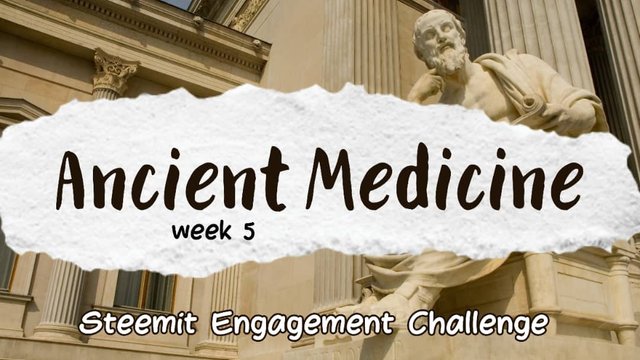
👩⚕️ In your country, ¿what type of ancient medicine did they perform?
En Pakistán, la medicina antigua tiene profundas raíces en prácticas de curación tradicionales. Ayurveda, la medicina Unani y diversos remedios herbales eran prevalentes. El conocimiento de estas prácticas se transmitía de generación en generación, y los sanadores desempeñaban un papel fundamental en abordar las necesidades de salud de sus comunidades.
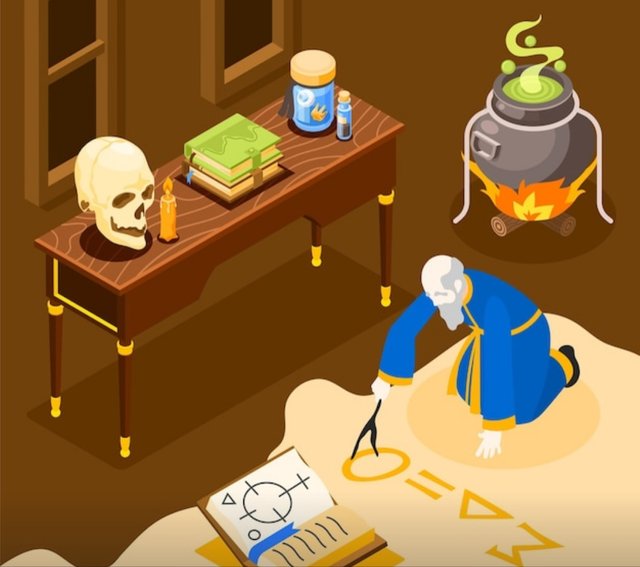
Además, en las áreas rurales de Pakistán, se han practicado sistemas médicos tradicionales y alternativos. Aquí hay una visión general de algunos de estos sistemas:
Tibb-e-Unani:
- Basado en la medicina griega antigua, el Unani se ha practicado en Pakistán durante siglos.
- Utiliza principios de equilibrio de los cuatro humores (sangre, bilis amarilla, bilis negra y flema) para mantener la salud y tratar enfermedades.
Ayurveda:
- Aunque originario de la India, el Ayurveda también ha influido en la medicina tradicional de Pakistán.
- Se centra en el equilibrio de los tres doshas (Vata, Pitta y Kapha) y utiliza hierbas, masajes y cambios en la dieta para tratar enfermedades.
Medicina Tradicional China:
- La medicina china, incluida la acupuntura y la herbología, también se ha practicado en algunas comunidades de Pakistán.
- La teoría de los meridianos y la energía vital (Qi) son fundamentales en este sistema.
Remedios Herbales Locales:
- Las comunidades rurales han utilizado plantas locales para tratar diversas afecciones.
- Los conocimientos sobre estas plantas se transmiten oralmente y no siempre se encuentran en fuentes escritas o artículos científicos¹
👩⚕️ ¿Can you give your honest opinion according to your beliefs? (your point of view is valuable to us)
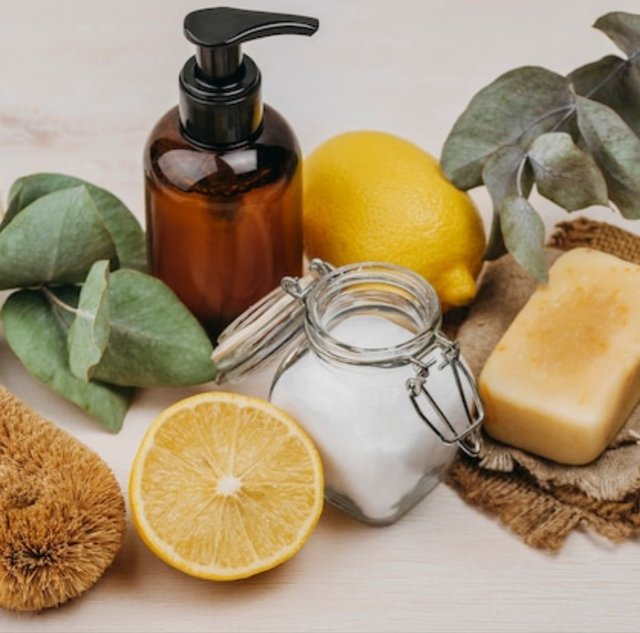
Medicines play a crucial role in modern healthcare, and their impact on human health is profound. Here are some general thoughts:
Beneficial Aspects:
- Treatment and Prevention: Medicines are essential for treating various illnesses, managing chronic conditions, and preventing the spread of infectious diseases.
- Improved Quality of Life: Many people rely on medications to alleviate pain, control symptoms, and enhance their overall well-being.
- Advancements in Medical Science: Medicines are a testament to human ingenuity and scientific progress. They have saved countless lives and continue to do so.
Challenges and Considerations:
- Side Effects: While medicines provide benefits, they can also have side effects. Balancing the positive effects with potential risks is crucial.
- Overuse and Misuse: Overreliance on medications or inappropriate use can lead to unintended consequences.
- Dependency: Some medications can be habit-forming, leading to dependency or addiction.
- Cost and Accessibility: Access to medicines remains a global challenge. Not everyone can afford or easily obtain necessary treatments.
- Antibiotic Resistance: The misuse of antibiotics contributes to the rise of drug-resistant bacteria, posing a serious threat to public health.
Holistic Approach:
- Integrating traditional and alternative medicine with modern pharmaceuticals can provide a more comprehensive approach to health.
- Lifestyle changes, nutrition, exercise, and mental well-being are equally important in maintaining health.
Ethical Considerations:
- Balancing profit motives with patient well-being is an ongoing ethical debate within the pharmaceutical industry.
- Ensuring equitable access to life-saving medications globally is a moral imperative.
In summary, medicines are powerful tools, but their responsible use, ongoing research, and consideration of individual needs are essential for maximizing their benefits while minimizing risks
👩⚕️ ¿Can you describe some elements they used at the time? What was the special use of each one?
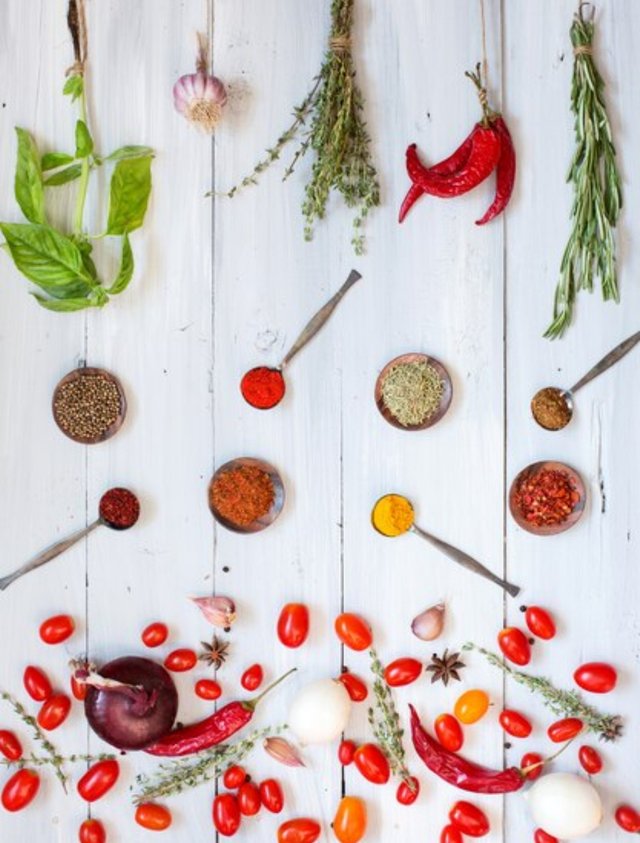
Certainly! Let's explore some of the ingredients used in ancient medicines and their special uses:
Aloe Vera:
- Origin: One of the oldest medicinal plants, Aloe Vera, also known as "Lily of the Desert," was used by Ancient Chinese and Egyptians.
- Uses:
- Topical Application: Aloe vera was applied to heal burns, wounds, and reduce fever.
- Its soothing properties made it valuable for skin ailments.
Natron (Ancient Egypt):
- Origin: Ancient Egyptians used natron, a naturally occurring compound.
- Uses:
- Preservative and Cleanser: Natron was used for mummification due to its preservative properties.
- It was also used for treating ailments, showcasing practical knowledge.
Herbs and Foods (Ancient Greece and Rome):
- Origin: Ancient Greeks and Romans primarily relied on herbs, foods, and diet for healing.
- Uses:
- Therapeutic Tools: They used herbs for various purposes, including treating physical and mental illnesses.
- Evidence-Based Knowledge: Physicians recorded detailed medical histories, similar to modern research protocols.
Mesopotamian Ingredients:
- Origin: In ancient Mesopotamia, medical texts date back to the 2nd millennium BCE.
- Uses:
- Plants, Animals, Minerals: They sourced therapeutics from various sources.
- Minor Surgeries: Mesopotamians performed minor surgeries like lancing boils and setting limbs.
Hippocratic Medicine (Ancient Greece):
- Origin: Hippocrates, the father of modern medicine, introduced the concept of 'physis'.
- Uses:
- Ethical Standards: Hippocrates formulated professional standards and the Hippocratic Oath.
- Holistic Approach: Greeks emphasized a healthy mind in a healthy body.
- Evidence-Based Practice: Detailed medical histories were recorded for diagnoses.
Traditional Chinese Medicine (TCM):
- Origin: Over centuries, TCM physicians tested various ingredients.
- Uses:
- Formulas: TCM formulas, refined over generations, combine herbs, minerals, and animal products.
- Observation and Record-Keeping: TCM emphasizes observation and evidence-based knowledge¹⁴⁵.
Remember that these ancient practices laid the foundation for modern medicine, and some ingredients continue to influence healthcare today
👩⚕️ Design a scenario about ''Ancient medicine'
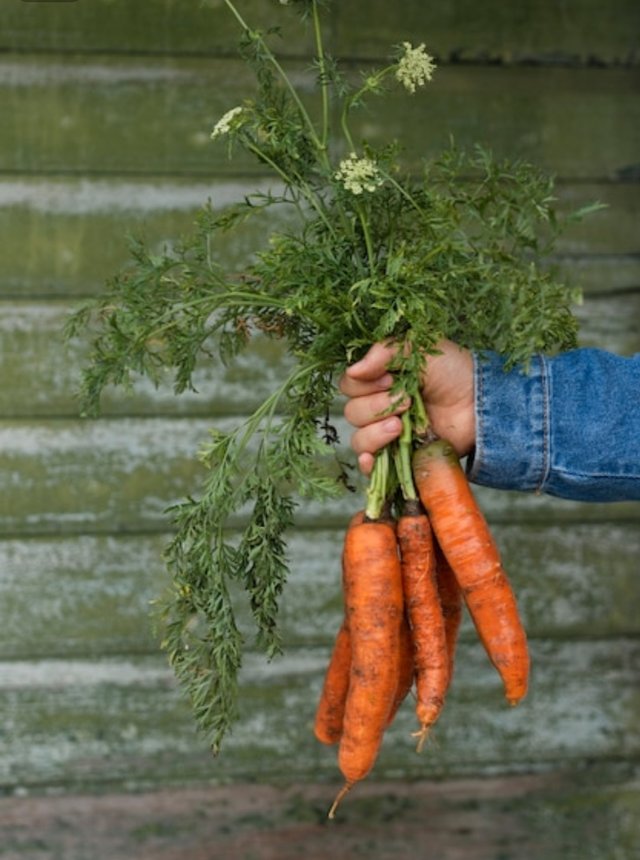
Let's delve into the fascinating world of ancient medicine. Imagine yourself transported back in time to ancient Mesopotamia, Egypt, Greece, or Rome. The gods reign supreme, and their influence permeates every aspect of daily life, including health and well-being.
Mesopotamia:
- In the bustling city of Babylon, a skilled priest-physician stands at the threshold of a clay-brick temple. His eyes, lined with kohl, scan the crowd. People come seeking relief from ailments—fevers, stomach pains, and mysterious maladies.
- The priest-physician invokes the gods, reciting ancient spells and offering incense. He inspects the patient's urine, believing it holds secrets about their health. Clay tablets record remedies: crushed herbs, prayers, and rituals.
- Imagine a young woman with a persistent cough. The priest-physician administers a potion made from honey, myrrh, and cedar resin. She leaves, hopeful that the gods' favor will restore her health.
Egypt:
- Along the fertile banks of the Nile, the physician-priests of ancient Egypt wield knowledge passed down through generations. Their papyrus scrolls contain detailed medical texts.
- Picture a noblewoman suffering from a fever. The physician-priest examines her, noting her pulse, skin color, and breath. He prescribes a concoction of crushed garlic, honey, and juniper berries.
- In the bustling marketplace, a street vendor sells amulets—tiny figurines of the goddess Sekhmet, the lion-headed deity of healing. People wear these amulets for protection against illness.
Greece:
- In the sun-drenched city of Athens, the Asclepion, a sacred healing sanctuary, stands. Pilgrims arrive seeking divine intervention. Statues of the god Asclepius, draped in serpent symbolism, watch over them.
- Imagine a wounded soldier, his leg pierced by an arrow. The Asclepiad physician cleans the wound, applies soothing herbs, and chants hymns to Asclepius. The soldier lies on a straw mat, dreaming of healing visions.
- Hippocrates, the revered physician, walks the marble halls. He observes patients, documenting symptoms and treatments. His oath, still sworn by doctors today, emphasizes ethics and patient care.
Rome:
- In the grand city of Rome, bustling streets lead to the Temple of Salus, the goddess of health. Citizens seek her blessings for vitality and longevity.
- A skilled Roman surgeon, clad in a white toga, performs trephination—a daring procedure to relieve pressure on the brain. He drills a hole in a patient's skull, believing it will cure headaches and mental disorders.
- The philosopher Galen, a polymath, dissects animals to understand human anatomy. His treatises on medicine influence generations, bridging ancient and medieval knowledge.
Remember, ancient medicine is a blend of science, superstition, and reverence for the divine. As you immerse yourself in this rich tapestry, marvel at the resilience of the human spirit—the quest for healing transcending time and place
@sur-riti
@iftikhar62
@bonaventure24
Thanks dear 🙏
Hola amigo, que relación tienes con estas cuentas?
@tahirazaman
@haseeb.asif.khan
@abdulrabkhan
Espero tu respuesta...
Downvoting a post can decrease pending rewards and make it less visible. Common reasons:
Submit
No tengo nada que ver con ellos, tengo mi propia identificación y ellos tendrán la suya. Puede que sea regional pero tengo mi propio sistema en Steam. ¿Por qué me preguntaste, amigo?
Downvoting a post can decrease pending rewards and make it less visible. Common reasons:
Submit
Hello dear! it is great to see such engaging and informative content being shared here. Your post beautifully highlights the rich history and diverse practices of ancient medicine. The thorough research and attention to detail truly make it a valuable contribution. Keep up the excellent work.
Downvoting a post can decrease pending rewards and make it less visible. Common reasons:
Submit
Thank you so much for your love and taking the time to read my post
Downvoting a post can decrease pending rewards and make it less visible. Common reasons:
Submit
Hello @zaink hope you are having a good day.Thanks for sharing about ancient medicine in Pakistan. It's cool to read how they used Ayurveda and Unani to treat people for centuries. I think both traditional and modern medicine have their benefits. It's important to know about different ways to stay healthy. Great post🤗🌸💐🌺.
Downvoting a post can decrease pending rewards and make it less visible. Common reasons:
Submit
You read my post so deeply that I thank you
Downvoting a post can decrease pending rewards and make it less visible. Common reasons:
Submit
Medicine, whether old or modern-day, holds tremendous importance in forming health care techniques. Standard recovery systems like Ayurveda as well as Unani in Pakistan showcase the wealth of our social heritage as well as deal important understandings right into alternative health. Incorporating these techniques with contemporary medication can boost healthcare results as well as advertise total health.
Downvoting a post can decrease pending rewards and make it less visible. Common reasons:
Submit